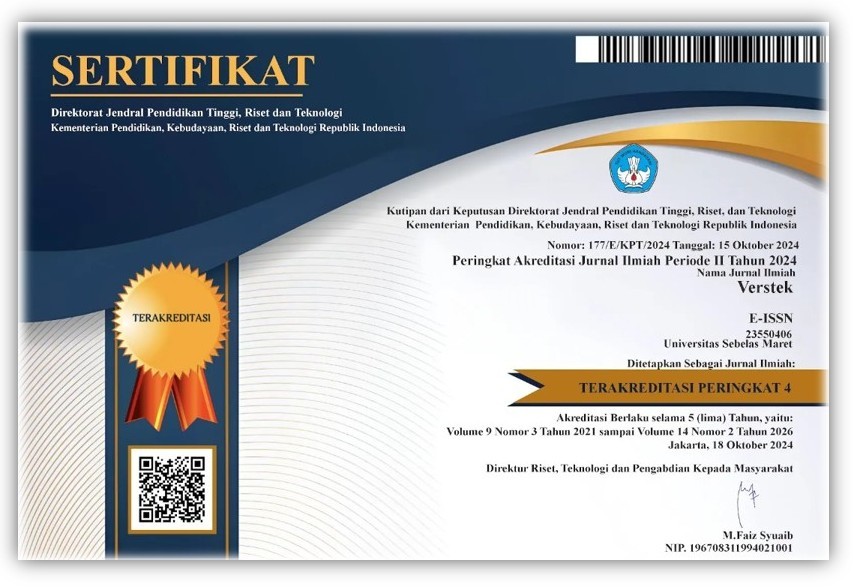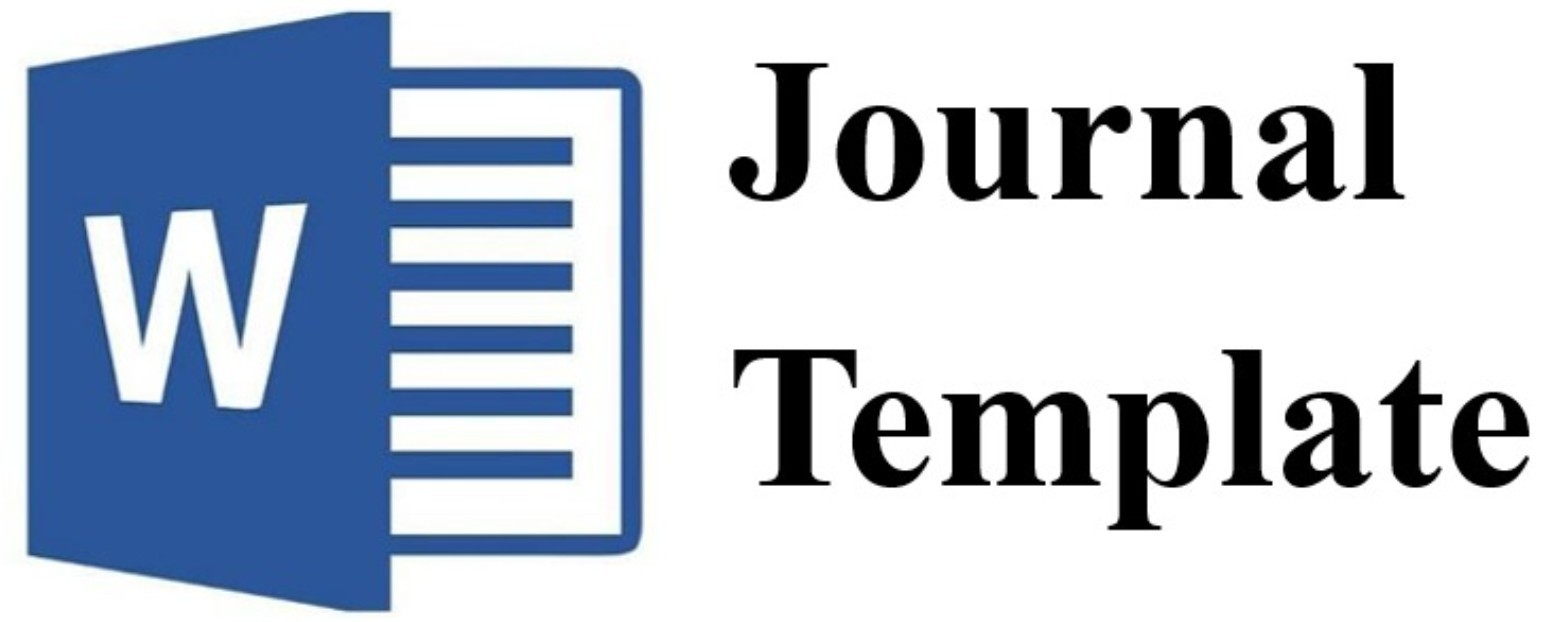Upaya Pembuktian Oditur Militer dan Pertimbangan Hakim Memutus Tindak Pidana Desersi dalam Waktu Damai dengan Pemberatan
Abstract
This research examines the issues regarding what the attempts to verify the Military Oditur against the crime of desertion in peacetime with a denunciation have used valid evidences pursuant to Article 172 of the Military Justice Act and whether the considerations of the Military Court Judge decide upon the desertion in peace with the objections are in accordance with Article 171 jo Article 190 Military Justice Law jo Article 26 of the Military Criminal Code. This research is the normative legal research that is both prescriptive and applied. The approach is used that is the approach the case. Type and source material primary law is law and secondary law materials obtained by means of the study of librarianship. Legal materials analysis techniques with the method of deductive syllogisms that connects the major premise and minor premise further drawn the conclusion.
The results derived from this study on the suitability of the verifcation of the Military Oditur against the desertion in peace with the objections of using the lawful evidence according to Article 172 of the Military Justice Act. Legal evidence is the testimony of witnesses, expert information, defendant’s statements, letters, and instructions. And the consideration of the Judge of the Military Tribunal to decide the crime of desertion in peace with the objections has been in accordance with Article 171 jo Article 190 of the Military Justice Law jo Article 26 of the Military Criminal Code by stating that the Defendant is proven legally and convincingly guilty of committing a crime of desertion in peace with a denunciation and imprisonment for 10 months and was dismissed from military service.
Keywords: Proof, Military Oditur, Judge Consideration, Crime Desertion In Peaceful Time With Obstacles
Full Text:
PDFRefbacks
- There are currently no refbacks.











